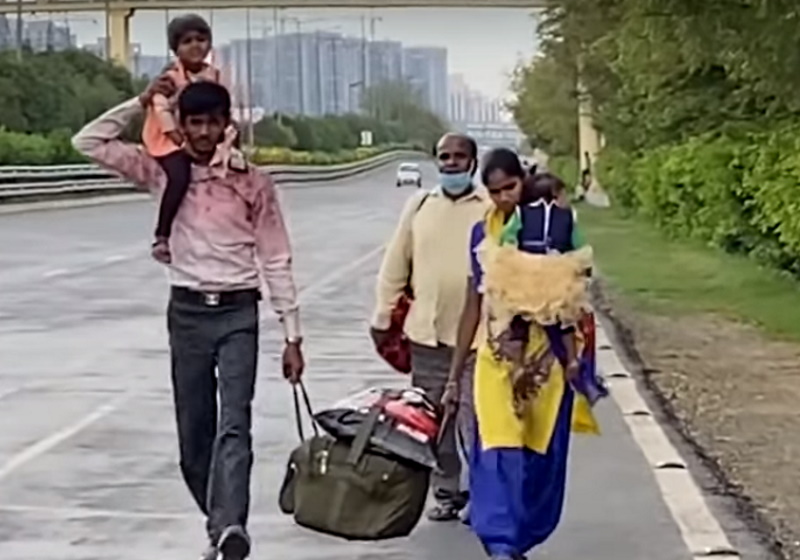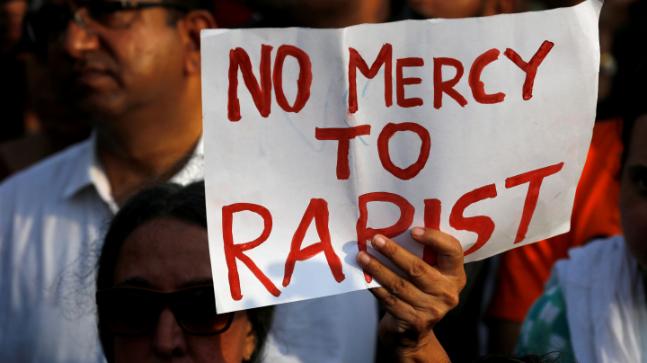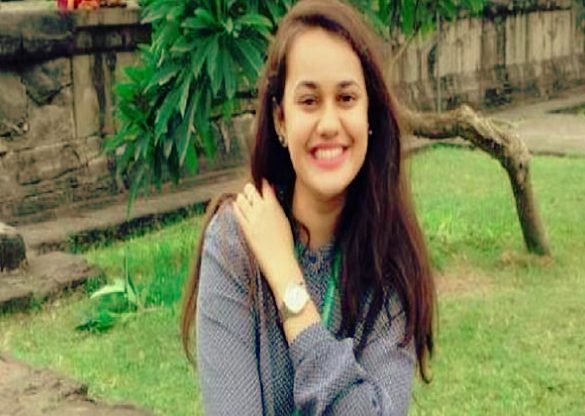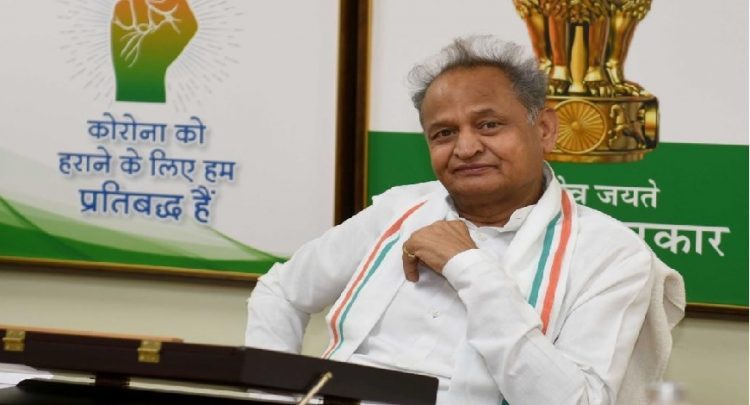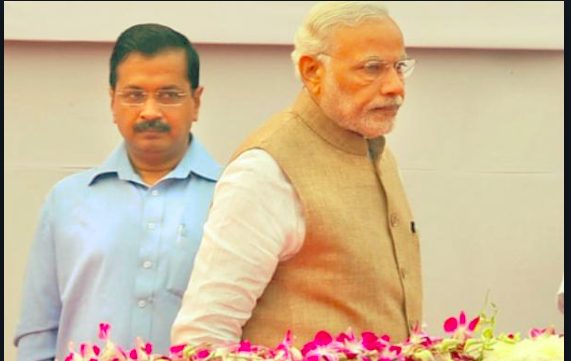NGOs active in rural areas have been warning of a severe crisis because of the reverse migration that is taking place in the wake of the lockdown, from the cities to the villages.
The sudden influx of people in already impoverished villages, where people do not have adequate foodgrains, is creating a humanitarian crisis and rising social tension, said Nomita P Kumar of Giri Institute of Development Studies in Lucknow.
Bundelkhand has been infamous for mass migration to cities. Long periods of drought and poor irrigation systems and erratic weather conditions combined with political corruption and bureaucratic indifference have kept the region backward.
In Uttarpradesh village Masuri Kherwa, 40 of the 70-odd families have ration cards, partly because the others are nomads.
In an SOS to the SDM, Attara, these villagers from Banda in UP say they would die of hunger if they don’t get foodgrains. Already starving for several days, they have been picking up leftover grains from the fields to prepare a semblance of a meal. The letter has been signed by six members of the family.
In the absence of this card they are not able to avail government facilities. They also are learnt to have sent a similar SOS to the District Magistrate.
Many of these villagers have returned after the lockdown from cities. Several of them lived in the cities and worked at construction sites. Some lived by doing odd jobs.
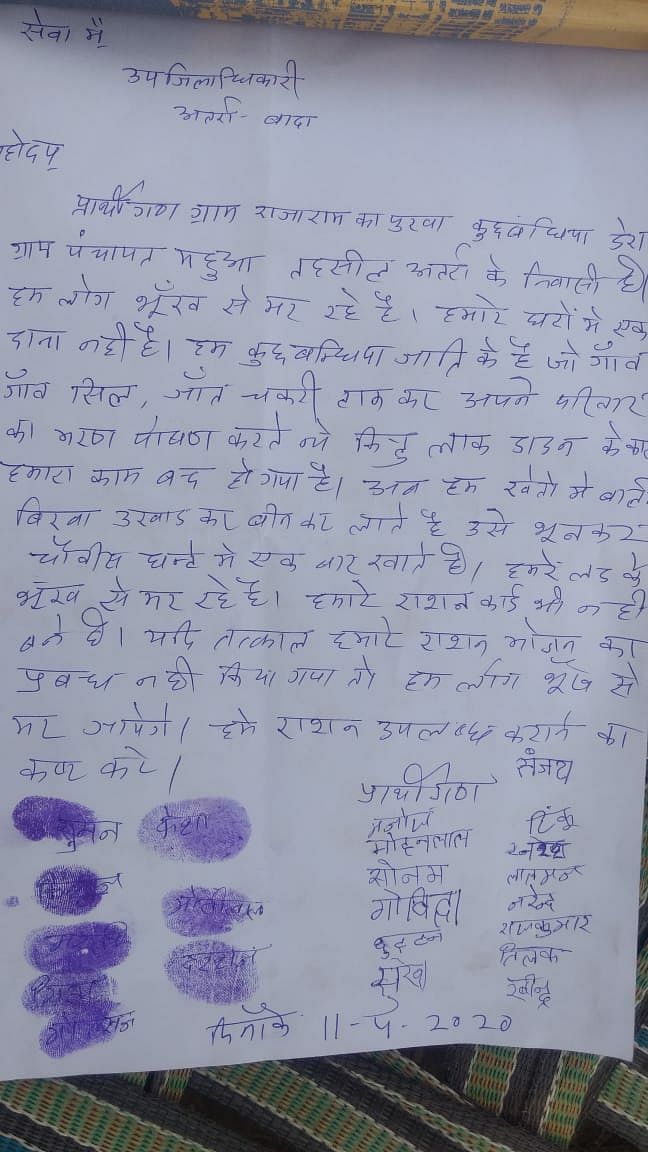
But with that avenue being shut, they returned to the villages, where they have run out of both food and sympathy or support of neighbours. They lived on charity but now even charity is in short supply, especially in villages.
“There never was enough food or work in Bundelkhand, which forced these people to leave home in the first place. But with the cities having turned their back on them, they are here with no work, no food and no sympathy,” quips Raja Bhaiya of Vidya Dham Samiti (VDS), an NGO active in Banda.
With a majority of these people not having ration cards, they are not eligible for even subsidised foodgrains. While UP Government has stated that those without ration cards should be given provisional cards and food supplied to them.
But at the village level, it is difficult to get these cards without paying a bribe, he said.
The NGO claims that a woman in Bhawaniganj was asked to pay Rs 300 as bribe. “I lodged a complaint following which the Supply Officer offered to ensure that lady got back her money and also provided a provisional card. But he did not speak of punishing his subordinate,” Raja Bhaiya informed.
In Rajaram Ka Purwa, out of 24 families only 8 have ration cards. “Complaints have been lodged with senior official and at even CM’s portal. But nothing has happened so far,” he said.
“In other parts of even Uttar Pradesh, migrant workers who have returned might have got some work during harvesting – even at lower wages– but in Bundelkhand, such opportunities are few because of a poor crop. The handful of big farmers use machines for harvesting,” points out Raja Bhaiya

